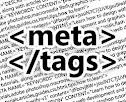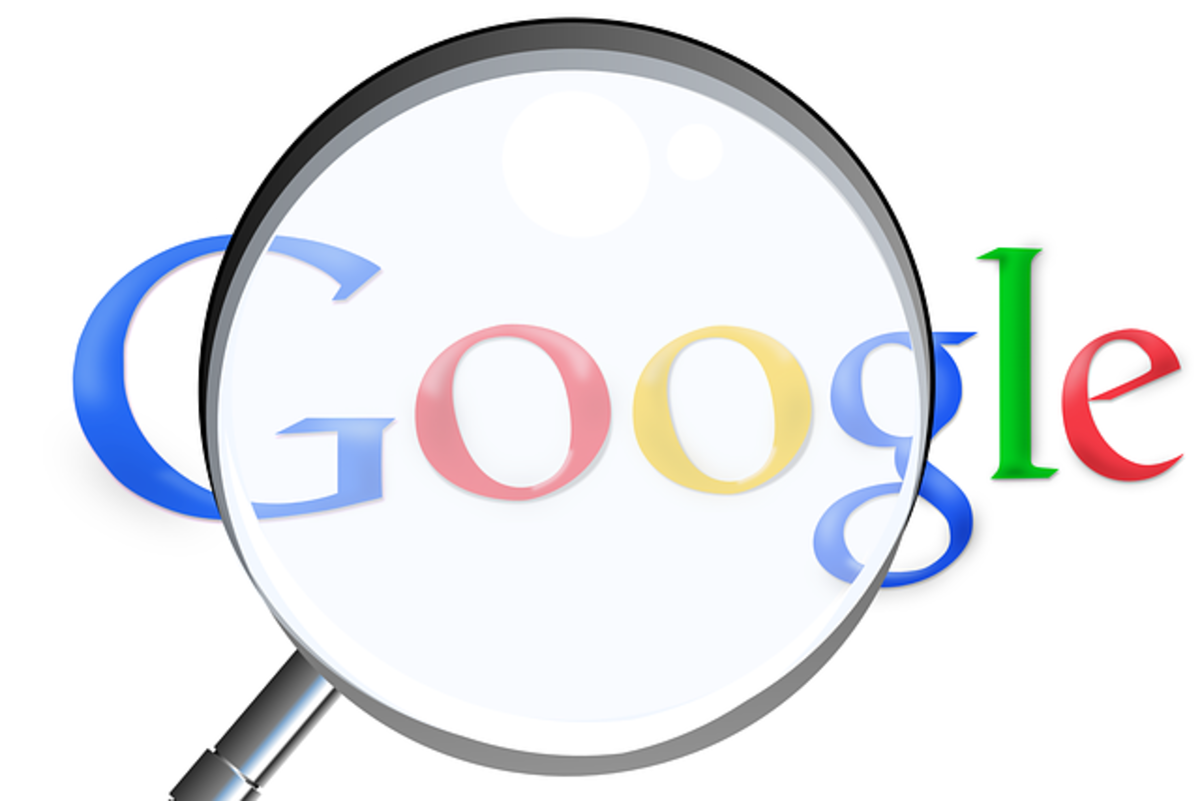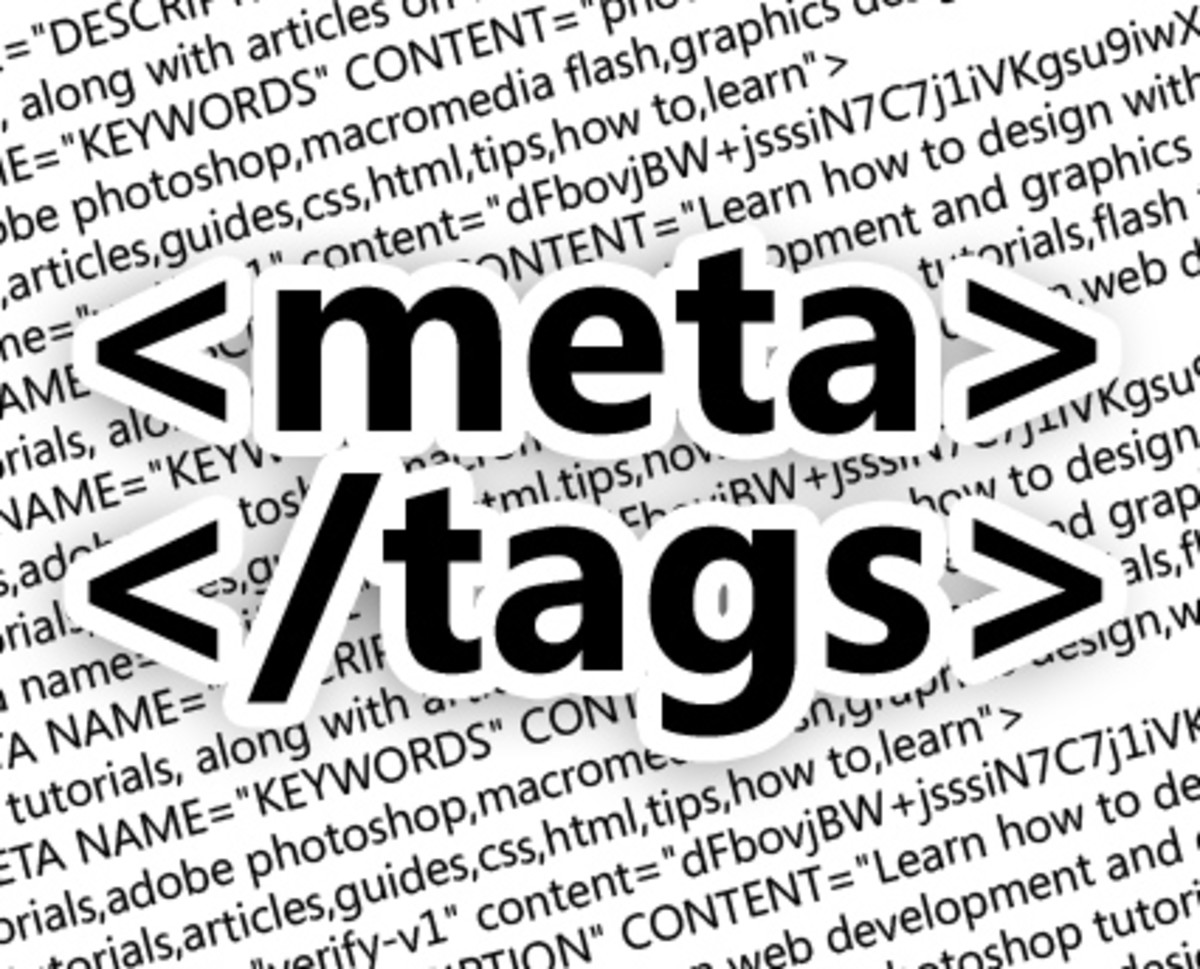Meta tags and their importance for your domain

What are Meta Tags?
Traditionally, web design was a field that was a preserve for geeks that were insane enough to sit with a keyboard and key in incomprehensible stuff on the notepad the entire day. The onset of content management systems like WordPress, joomla, drupal and the rest has since changed this. Today, you can actually have a website up and running without having to worry about the underlying code. This may be a good thing but still, there is some basic HTML that you need to understand for best results. One of them is Meta tags.
Meta tags are special HTML snippets that are located within the head section of the HTML code. Below is the basic structure of an HTML code
<Html>
<Head>
<Title></Title>
<Meta> </Meta>
</Head>
<Body>
</Body>
</Html>
Meta tags are used to hold the description of the content of the website and they also carry the keywords used on the web pages. They are optional tags meaning that your website would still function properly of you left them out. However, if you are serious about maximum exposure on the major search engines, you should include them. Google and other search engines use these tags when their spiders crawl the internet for information.
History of Meta Tags
Meta tags were introduced in the 1990s following the rapid expansion of the internet. As soon as they were introduced, some unscrupulous webmasters decided to abuse them. For instance, webmasters of pornographic websites started adding Meta descriptions that had nothing to do with the content they had on the website. This meant that their websites started being listed in searches that had to do nothing with pornography. On realizing this, the search engines started using other parameters for indexing websites. Google has remained notoriously rigid for ignoring Meta tags when listing sites ever since. However, Google still recognizes the Google Meta tags when searches are done.
- How SEO Forums can help your domain become more visi...
Search Engine Optimization is the processes by which you ensure your website, blog or WebPages enjoy maximum exposure in the major search engines. The main idea is to drive more organic traffic to your website or blog. It is a complex process... - What is a TLD (Top Level Domain)?
A top level domain (TLD) refers to a given domain name that falls right at the peak of the domain name system which is usually hierarchical in structure. In more technical terms, TLDs are usually saved in the root folder of the name space. Another wa - What is a Domain Name System?
Ever heard the network support staff talk inexplicable stuff that was punctuated with an occasional DNS this or DNS that? Let’s try to decode what they were saying when they said DNS. - How to move a domain without any downtime
A few months ago, I moved from a small town into the capital city. I love traveling but I hate moving. I hate packing and unpacking. And even though I hate to confess it, I also don’t enjoy moving my website from one webhost to another. But let’s fac - step by step guide to domain name registration
You need to register your own domain instead of leaving that to someone else. Even if you want to hire a web designer to develop your website, you can still register the domain and give him the passwords. That way, you are less exposed to the threat
Meta Tag attributes
Meta tag attributes like most other HTML tags, the Meta tag also has some important attributes that have different purposes. It is to the Meta tag attributes that we now turn:
1. Key word attribute
This is one of the most common of the Meta tag attributes. Even though some search engines do not rely on it, it is still widely accepted that search engines have a major role into the popularization of Meta key word attributes. This is because initially, they relied on the key words in the Meta tags for search engine listing. This was revised when it became apparent that webmasters were abusing this by adding keywords that had nothing to do with content
2. Description attribute
This is a very important attribute because it is till enjoys significant support from most of the main search engines including Bing and yahoo. This is the place where you place some short description about the website. The main reason for introduction this attribute was to allow the webmasters to have descriptions that will make sense in the search listing other than leave it to the search engines to come up with them based on the keywords. It is a good SEO practice to keep your description less than 155 characters even though the w3w does not have a limit to the size one can have.
3. Language attribute
This attribute defines to the search engine the human language that the website is originally written in. This attribute is of great help if you have your website in different languages as you can have it on the different language pages to specify which language it is.
4. Robots attribute
This is the attribute that allows you to choose whether or not you want the search engine to crawl your website and whether or not the links on the page should also be followed. If you do not want the page to be indexed, you use the noidex value. If you do not what the links on the page to be followed, you use the nofollow value.
Are Meta tags still important?
Are Meta tags still important? The answer is yes. It is true that your website will function without them. It is also true that keyword attributes are now being ignored by some of the leading search engines. However, the other attributes like robots and description will greatly boos the exposure of your domain on the website. If you are using a CMS to develop your blog or website, you are in luck. The cmses usually have places where you define the Meta descriptions and Meta keywords both globally as well as for the individual WebPages.








